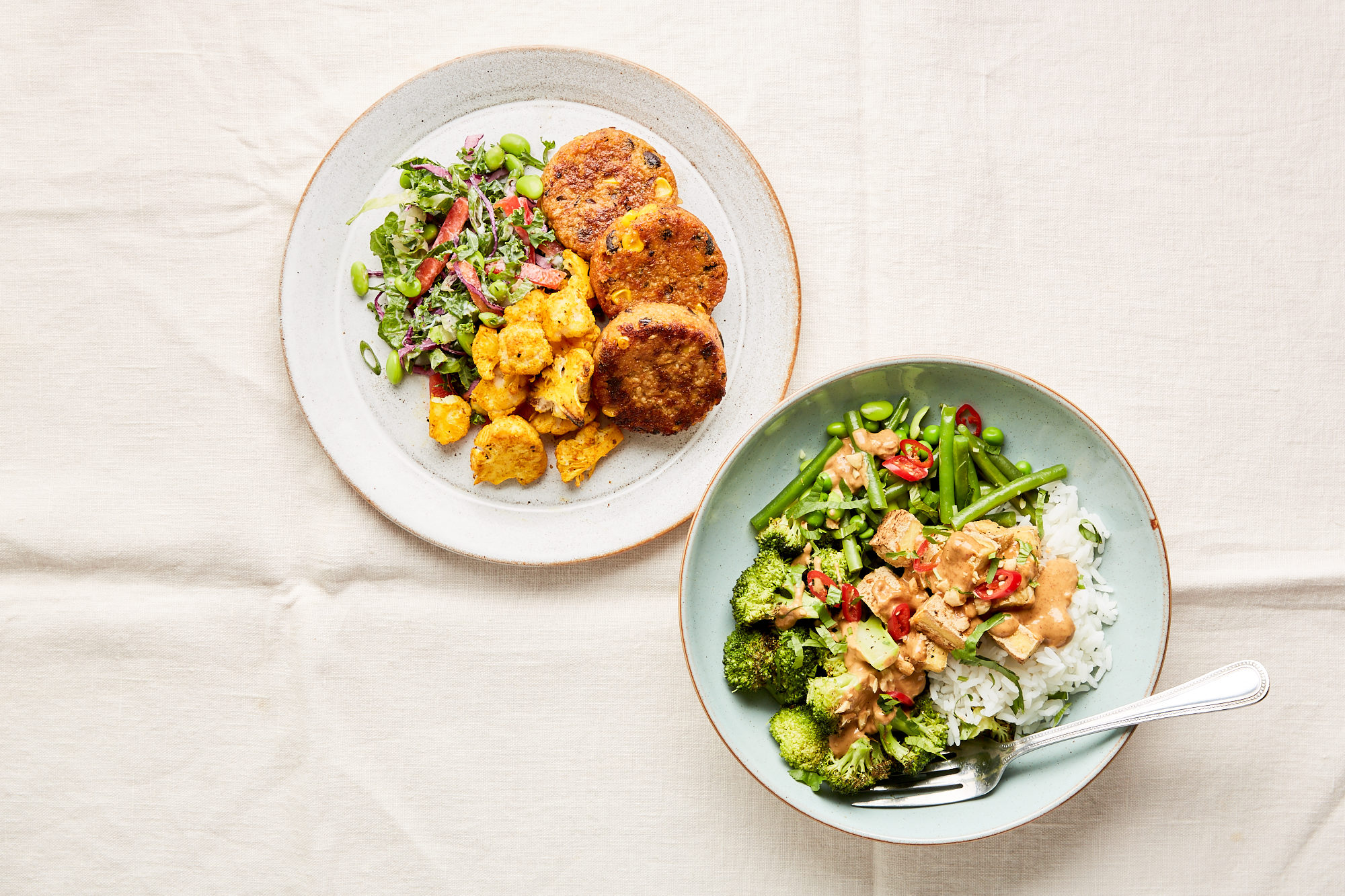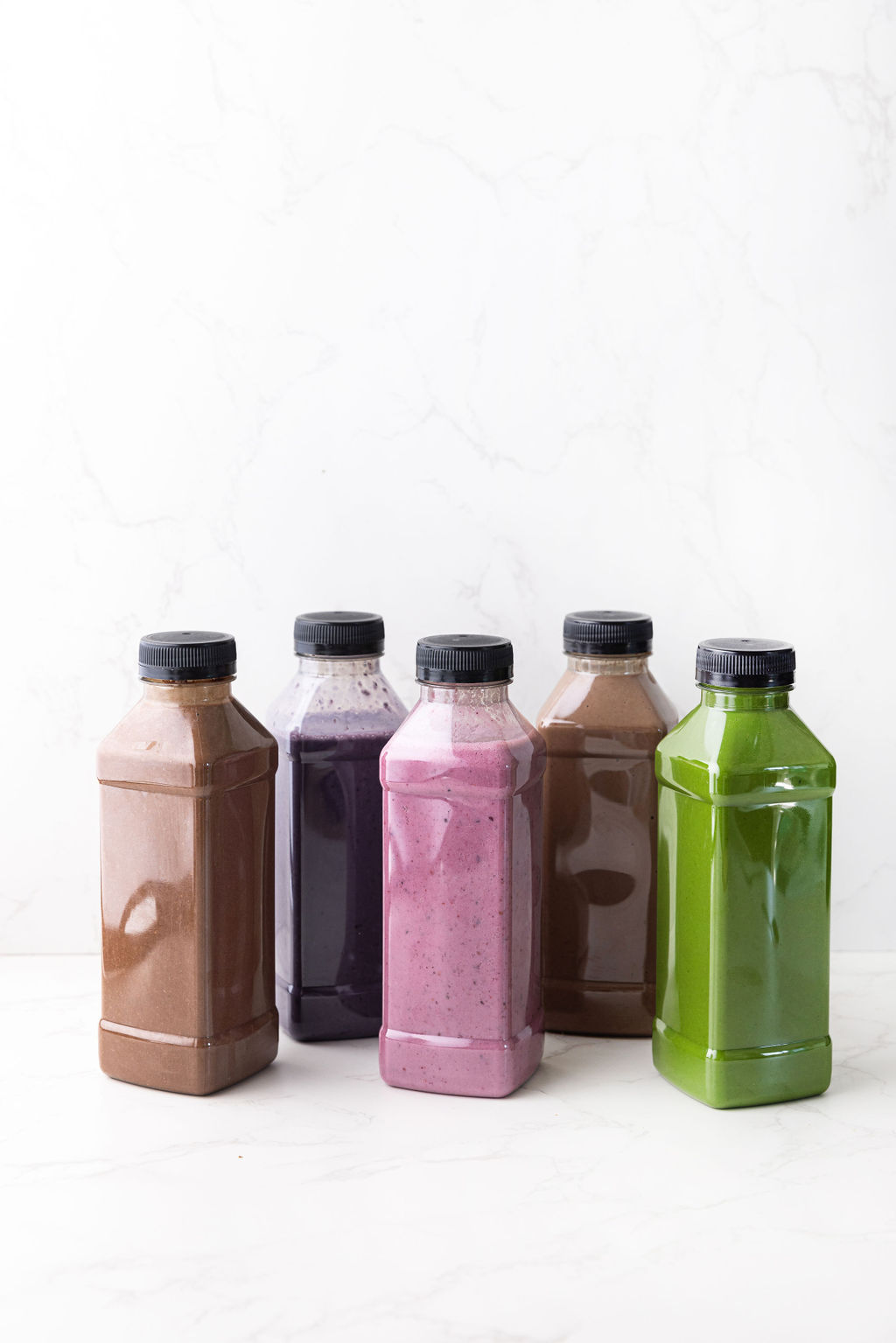- Linkedin Share
- Twitter Tweet
- Email Share
- Copy link Copy link Copied to clipboard
With a growing number of health conscious people either making the switch to being vegan or eating a more plant based diet, one question is becoming increasingly common. If you stop eating animal produce, will you become deficient in certain nutrients? The answer is, helpfully, maybe.
But while the internet is obsessed with vegans and getting enough protein, one of the most obvious nutrients that really needs addressing is creatine. After all, It’s only found in meat and fish, or synthesised in the body.
The average person needs 1-3g of creatine per day and according to the International Society of Sports Nutrition (ISSN) athletes may need to consume between 5-10g per day to maximise performance.
Creatine is a molecule that is stored as high-energy phosphates in the form of phosphocreatine, which help produce ATP (adenosine triphosphate). It sounds complicated, but it’s simple. ATP is the primary energy used by the body during periods of high energy, such as intense physical or mental activity. Creatine helps you to produce more of it. Which is a good thing.
The primary benefits are improvements in strength and power output that can also help with increases in lean mass and faster, more complete recovery (certainly when training following an injury).
About half of your body’s creatine supply comes from your diet (meat and fish), so if you have a prolonged period following a plant based diet there is certainly a good argument to use a supplement. However, supplements do not make you stronger and more powerful without the effort. They can help, but you’re talking about small percentages. Training, sleep and overall nutrition are still the key, but then layering in supplements can help to take you to the next level. A couple of classes a week isn’t going to drastically increase your needs for high levels of creatine, however.
And therein lies the interesting distinction. Making the switch to veganism simply to improve health will mean you have less creatine, but there’s no need to supplement. However, if you’re making the nutritional switch and want to maintain optimum performance as an athlete, then it’ll probably help to cover your back with a little extra. It can stop any reduction in your training output or recovery capabilities, so pop a cap.




